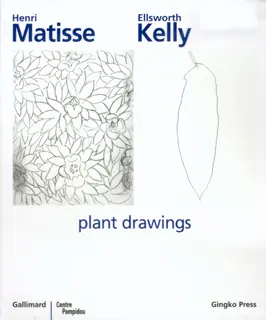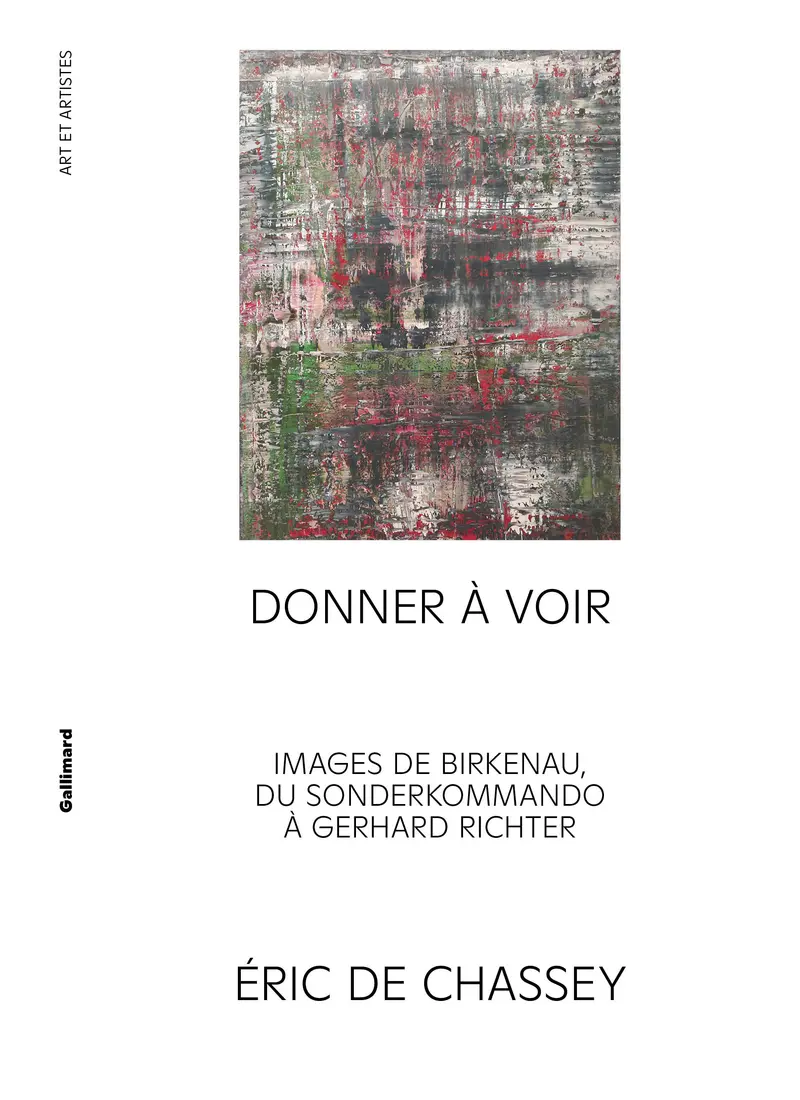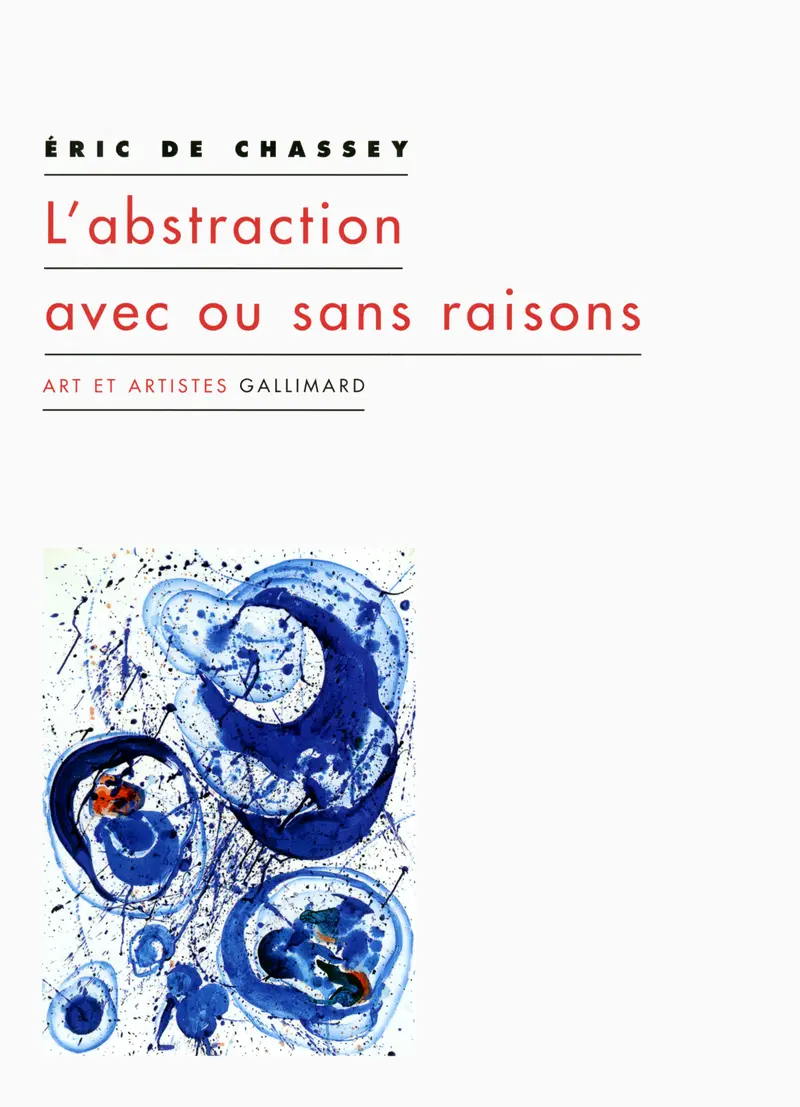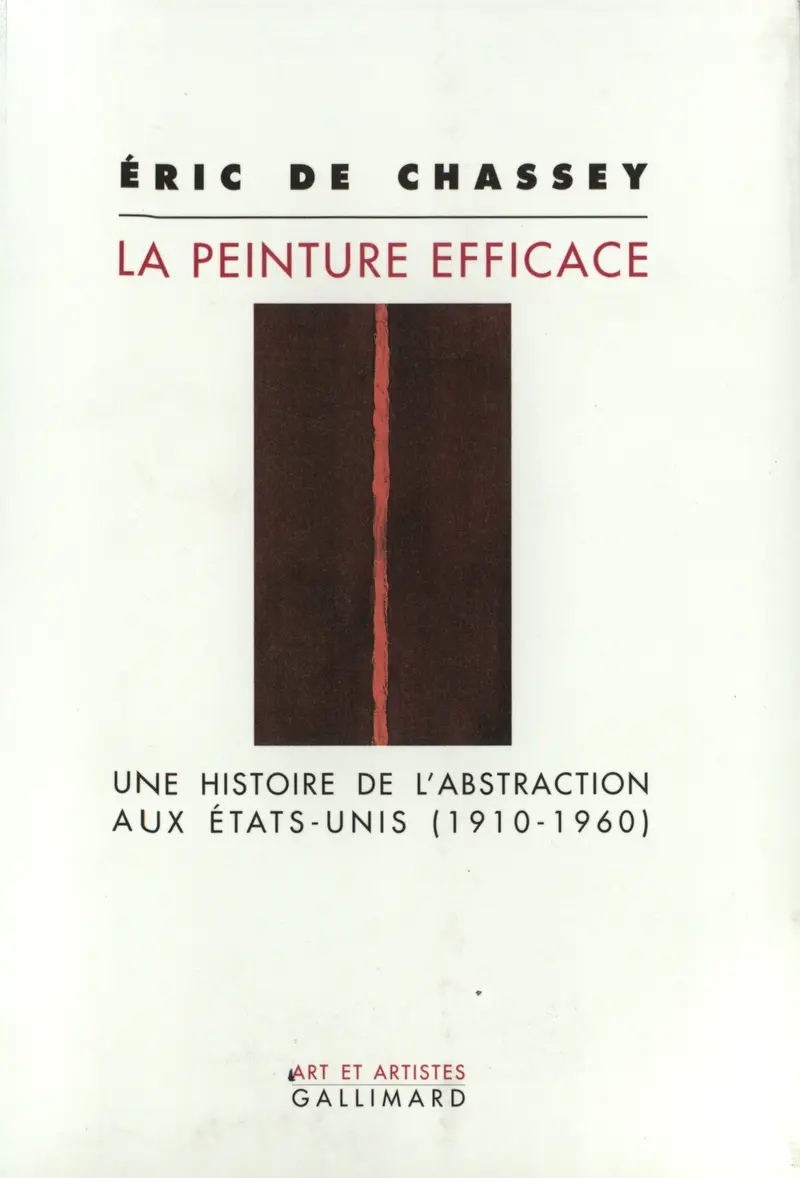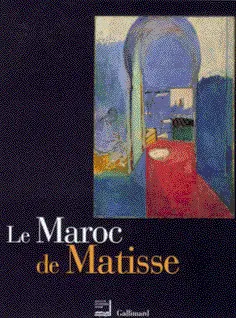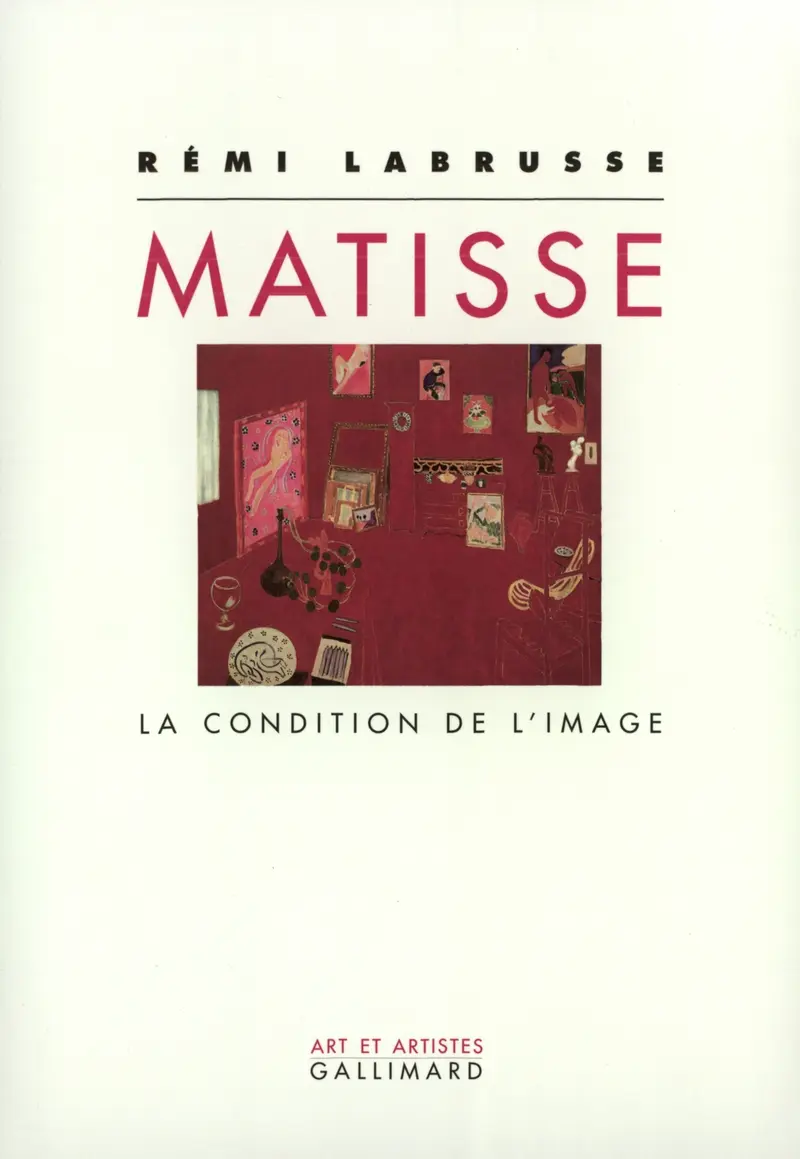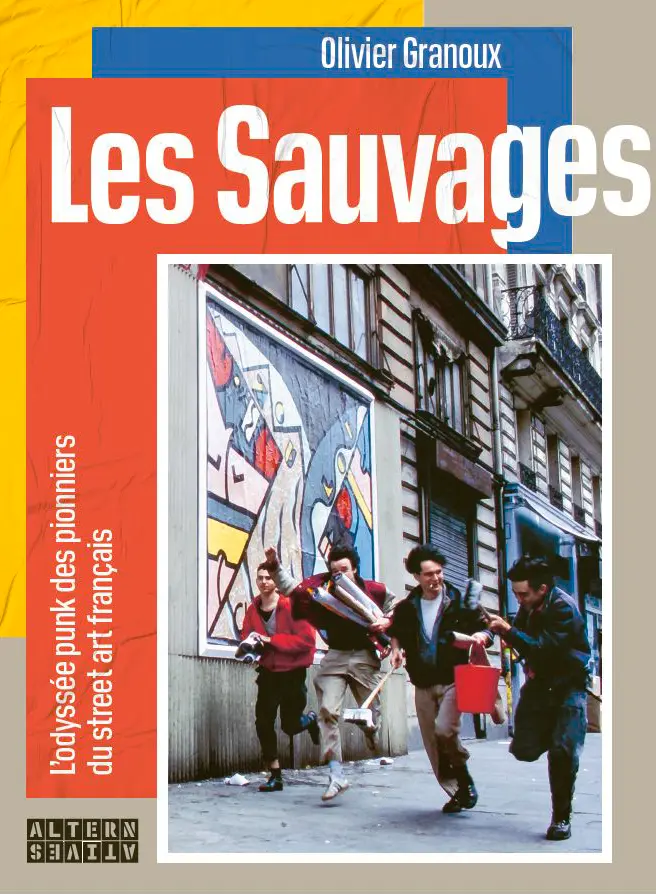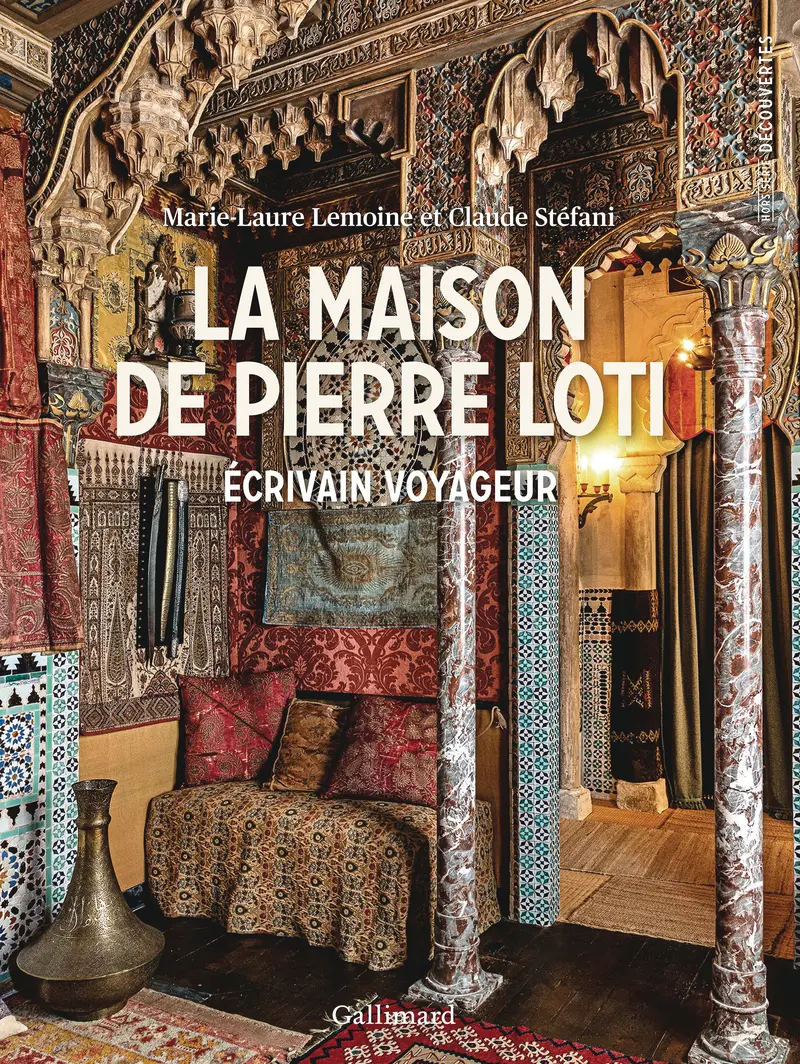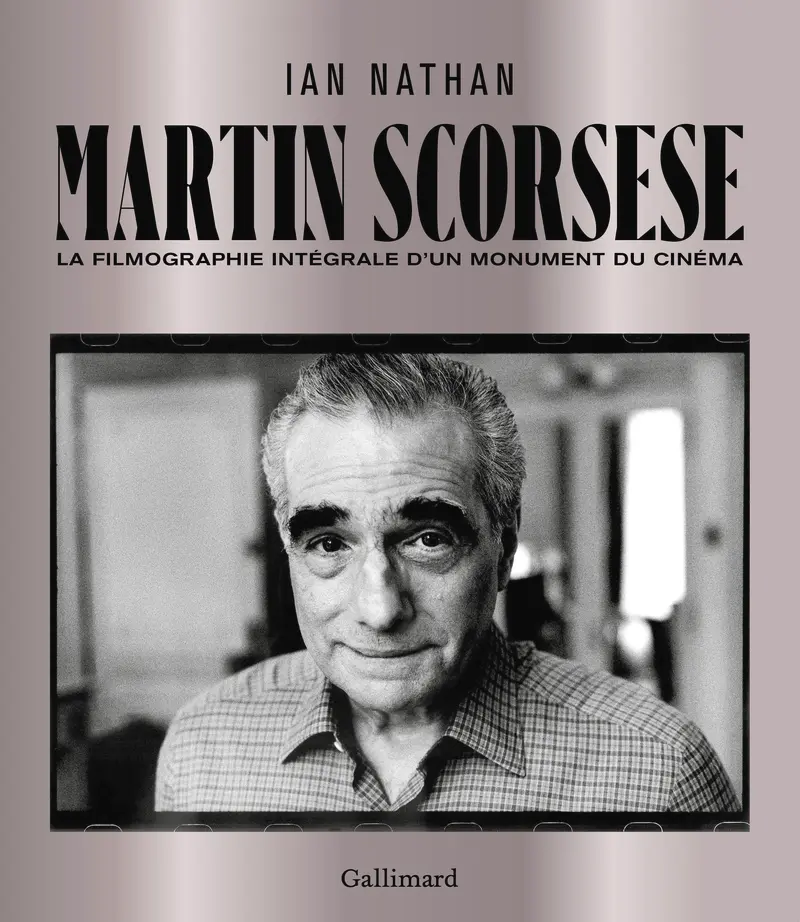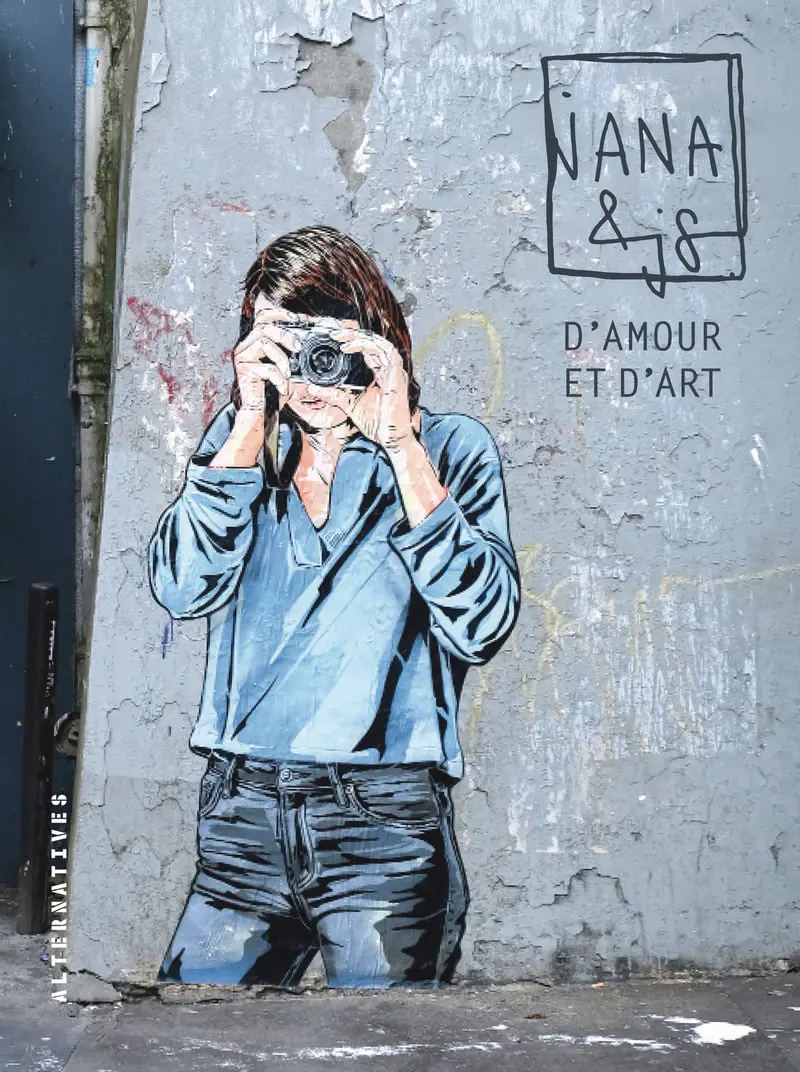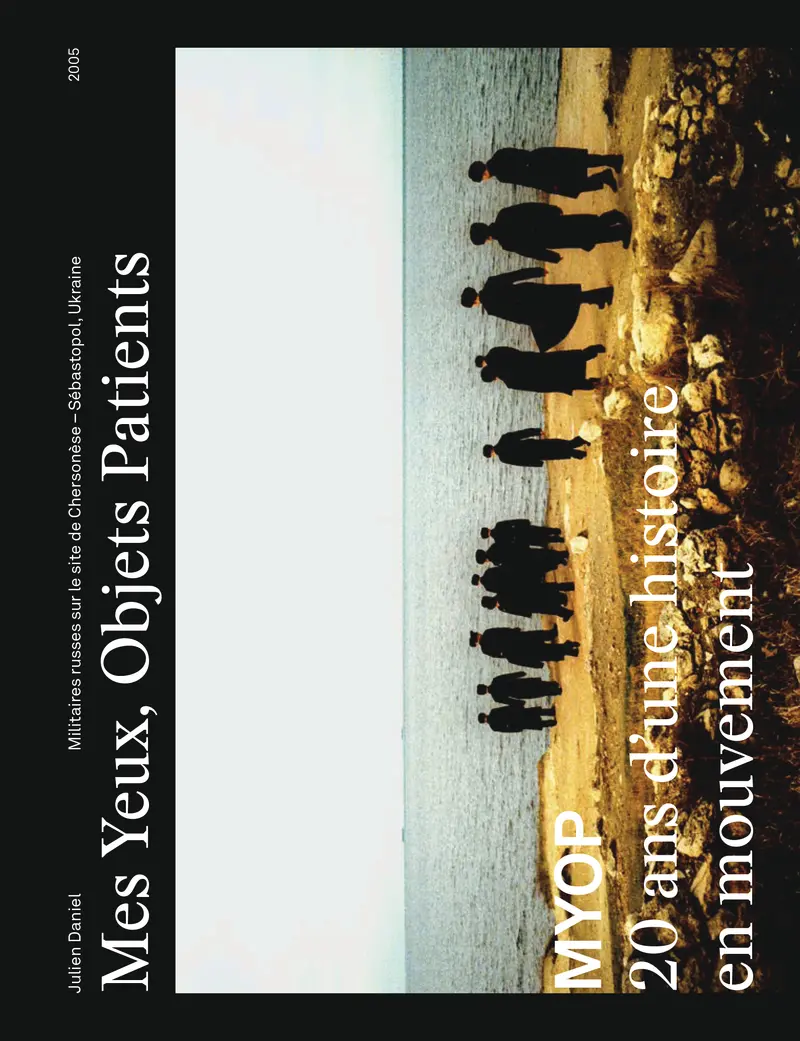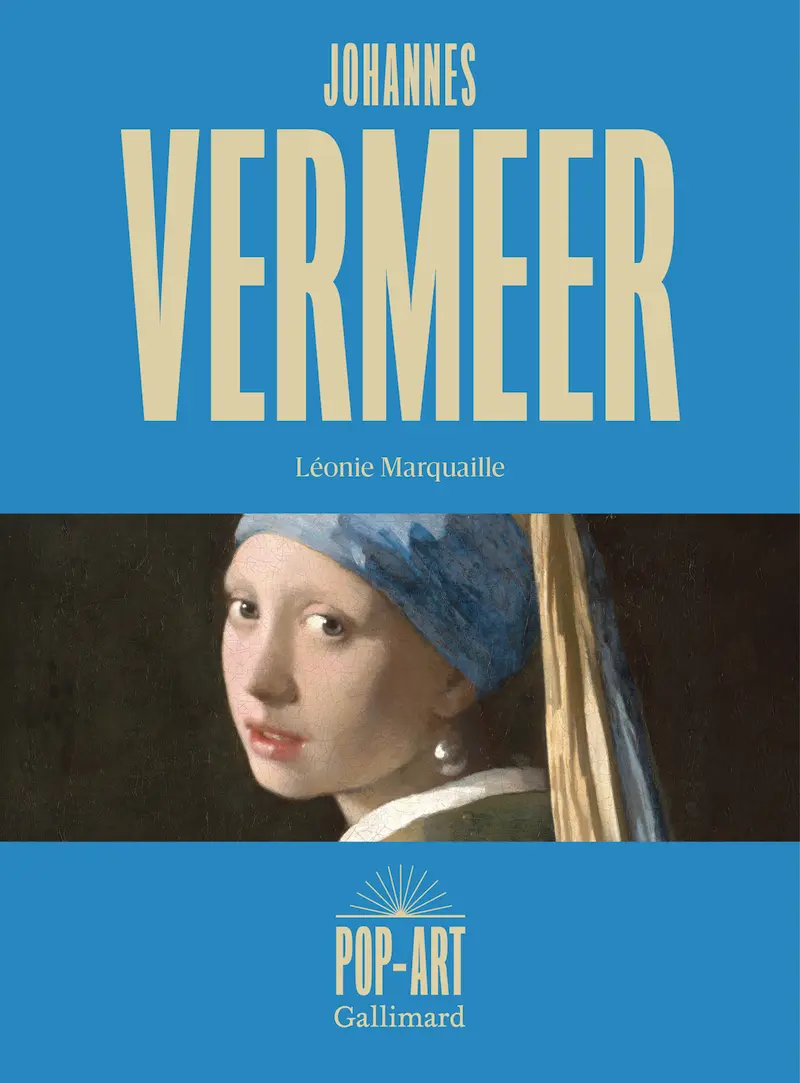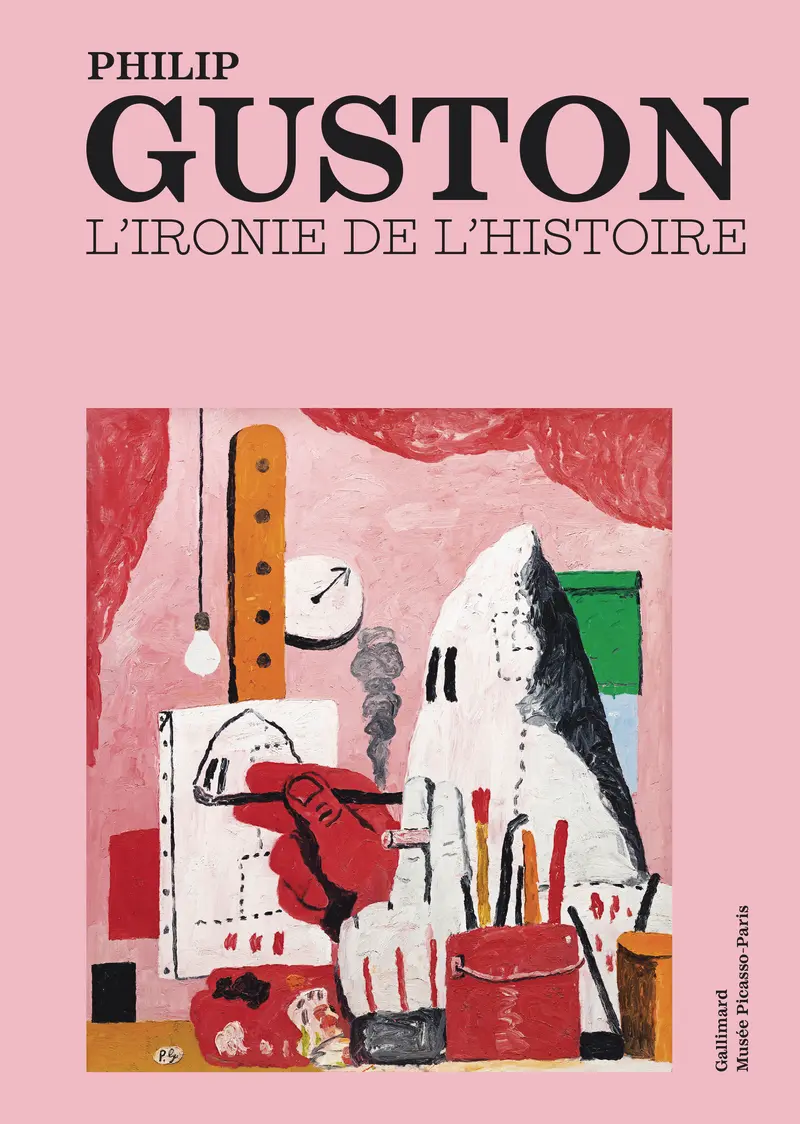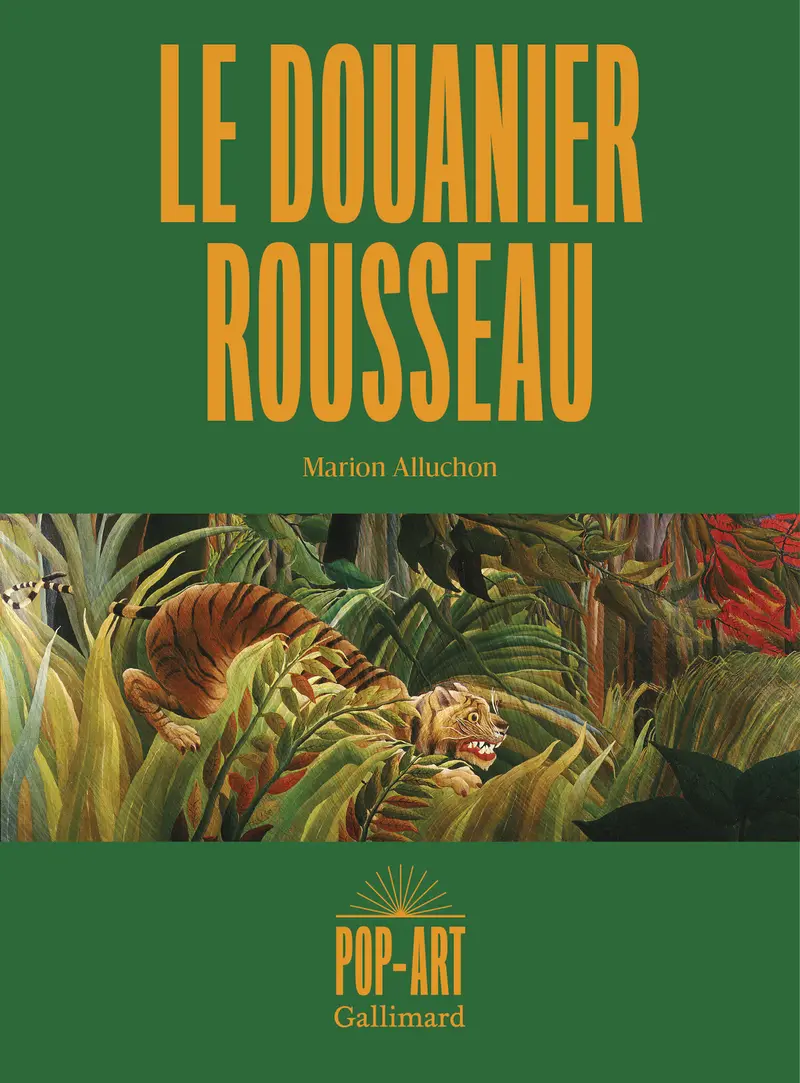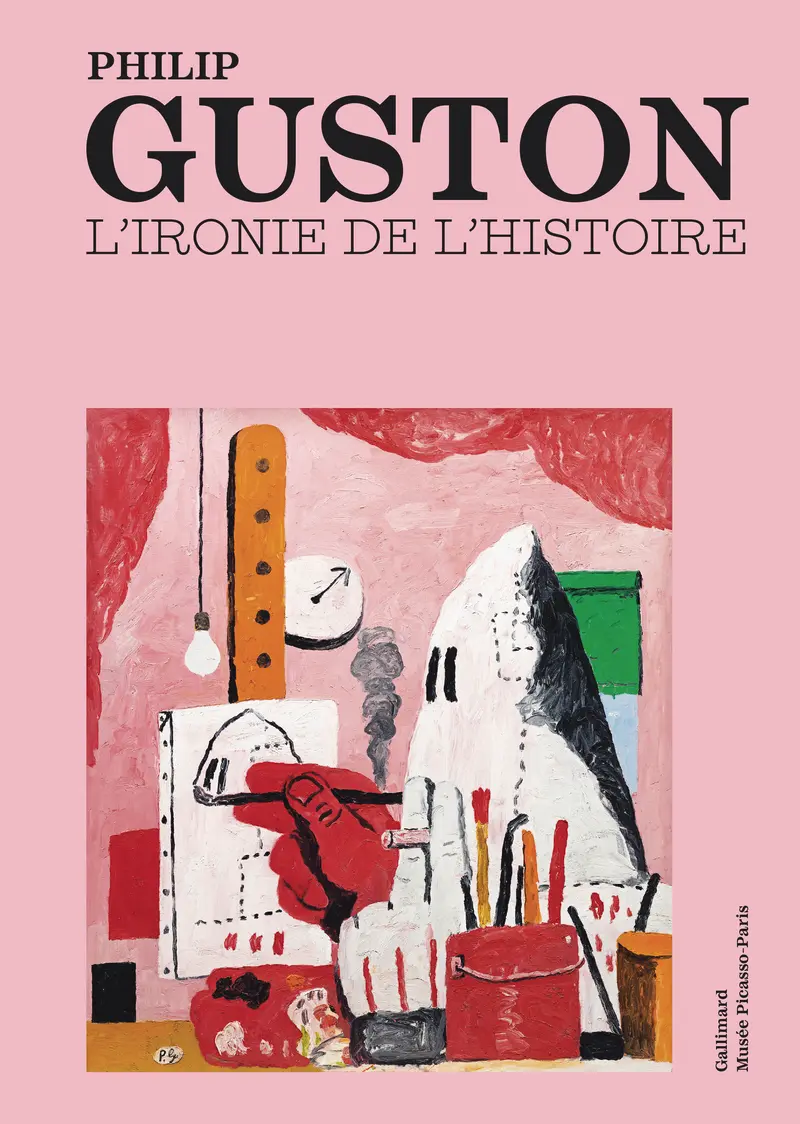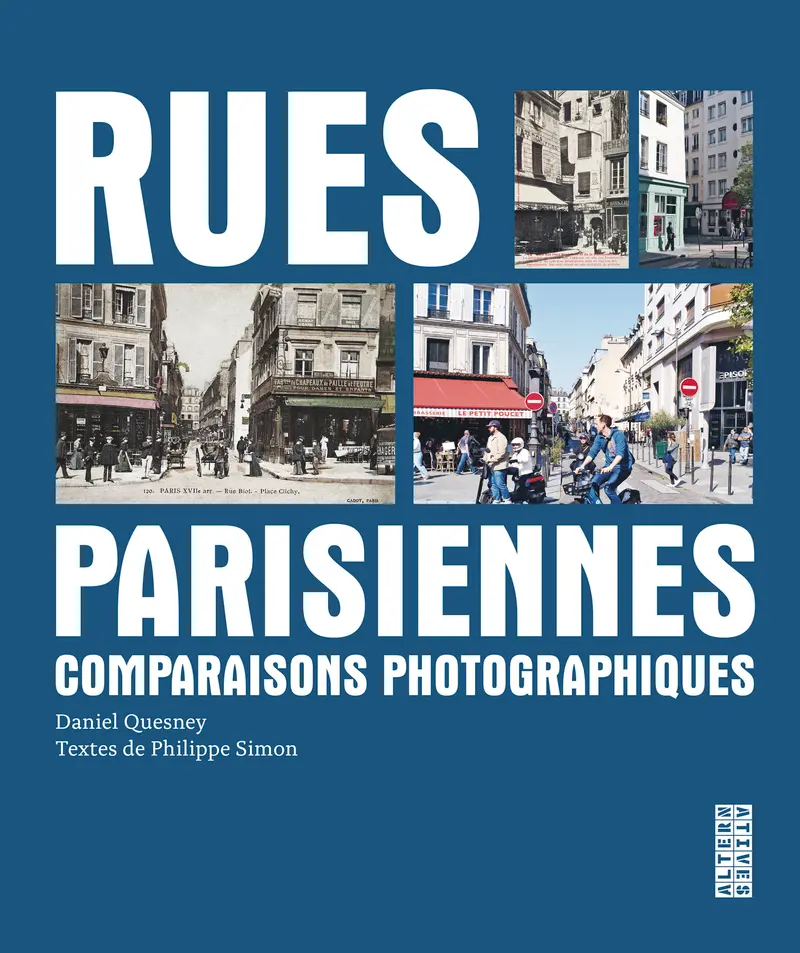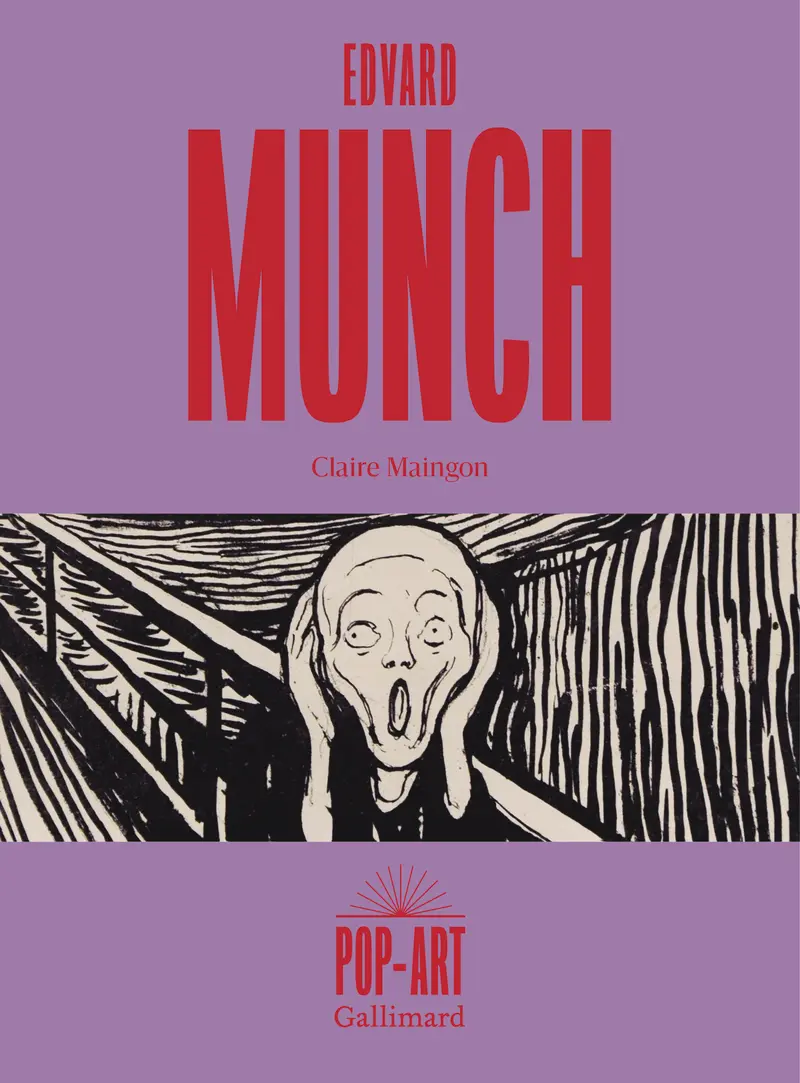Henri Matisse - Ellsworth Kelly
. Plant drawings
Trad. du français par Trista Selous. Préface d'Alfred Pacquement, avant-propos de Jean-Jacques Aillagon
Édition en langue anglaise
Collection Livres d'Art
Gallimard
Parution
Both Matisse and Kelly associate plants with line drawing throughout their working lives. The long series of works that each produces reflects their shared desire to respond to the fragile architecture of the plant world. Perhaps more intensely than any other artists of their century, Matisse and Kelly rely on the active contemplation of plants to infuse their drawing with the rythm of life.
While both thus continue a tradition whose origins lie with those of art itself, their individual paths meet and diverge. The extraordinary 'flowering'(in the artist's own words) of Matisse's drawing in the 1940s represents the culmination of his life-long struggle to respond faithfully - but not mimetically - to external sensations, and to achieve musicality in the line. A drawing on the paper should be able to transform experience into radiant surface, its strength lying in its very vulnerability, its irregularities and dissymmetries. Meanwhile the drawings made by Kelly in 1949 already manifest the imperious speed and power to seize reality which can be sensed throughout his later work. Again and again, his pictures return to the problem of the depiction of autonomous forms, seeking to reconcile the precise observation of reality with abstraction.
Yet nothing is definitively settled : forms may be open or closed, the eye may be held or sent ricocheting away, the drawing may relay the organic pulse of life or manifest a spectral isolation of the motif. It is this tension between opposite poles that gives the drawings their vital energy.
While both thus continue a tradition whose origins lie with those of art itself, their individual paths meet and diverge. The extraordinary 'flowering'(in the artist's own words) of Matisse's drawing in the 1940s represents the culmination of his life-long struggle to respond faithfully - but not mimetically - to external sensations, and to achieve musicality in the line. A drawing on the paper should be able to transform experience into radiant surface, its strength lying in its very vulnerability, its irregularities and dissymmetries. Meanwhile the drawings made by Kelly in 1949 already manifest the imperious speed and power to seize reality which can be sensed throughout his later work. Again and again, his pictures return to the problem of the depiction of autonomous forms, seeking to reconcile the precise observation of reality with abstraction.
Yet nothing is definitively settled : forms may be open or closed, the eye may be held or sent ricocheting away, the drawing may relay the organic pulse of life or manifest a spectral isolation of the motif. It is this tension between opposite poles that gives the drawings their vital energy.
